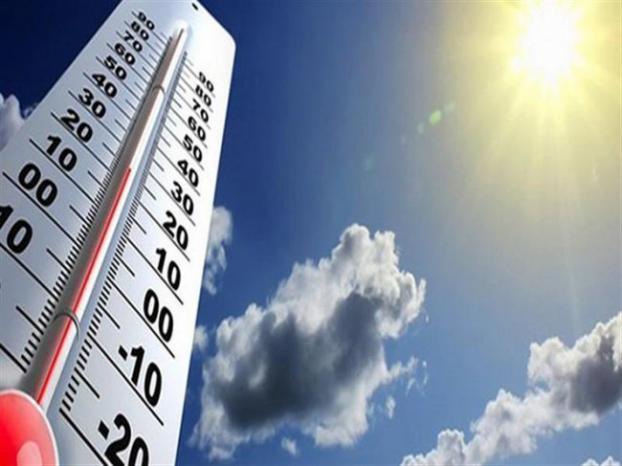
The notable increase in the number of deaths as a result of the heatwave caused the circulation of rumors about the spread of epidemic diseases in Egypt like the meningitis.
Many have called on the Health Ministry to be transparent regarding the cause of deaths. The Health Ministry though denied the rumors and stressed that the cause of recent deaths was due to heat strokes.
International organizations meanwhile have warned Egypt of a radical change in the climate of Egypt that would lead to hotter weather in the coming years, predicting waves of epidemic diseases due to the decline in adequate sewage treatment, water and health services.
Hospitals and health units in various governorates of the republic received many patients experiencing fainting, high temperatures and diarrhea, which are common symptom of many tropical diseases, especially typhoid.
According to a WHO report issued in 2012, Egypt occupies the third place after India and Nigeria in the number of people infected annually with typhoid fever caused by bacterial activity, which emerges in extremely hot areas that suffer from polluted water and sewage.
World Health Organization data, however, that Egypt is not among the list of countries highly afflicted with meningitis due to high humidity level in Egypt.
The UN has warned Egypt since 2007 to take measures against expected climate change that would have negative effects on the country.
Mohamed Atiq, professor of Liver Diseases, at Faculty of Medicine, Tanta University, said the hot climate of Egypt and contaminated water contribute to the spread of intestinal catarrh and diarrhea, especially in children, and contribute to the spread of measles, pneumonia, and chest allergies.
Fifteen elderly citizens died on Wednesday, the Health Ministry said on Thursday, due to the severe heat wave, raising the official death toll to 76 citizens.
Edited translation from Al-Masry Al-Youm




